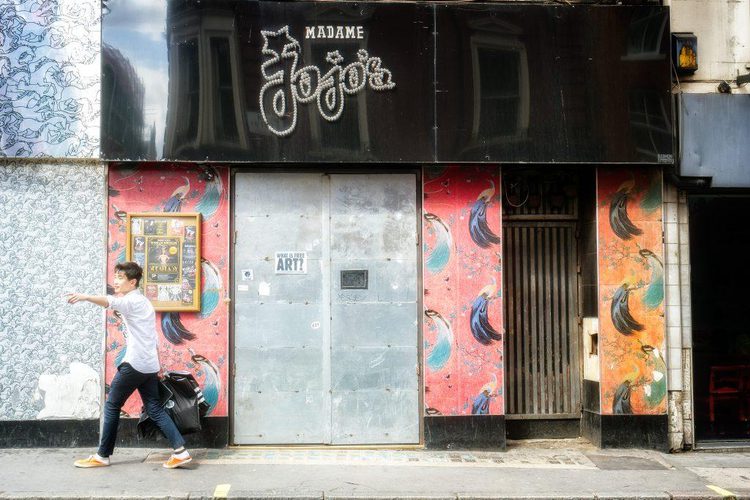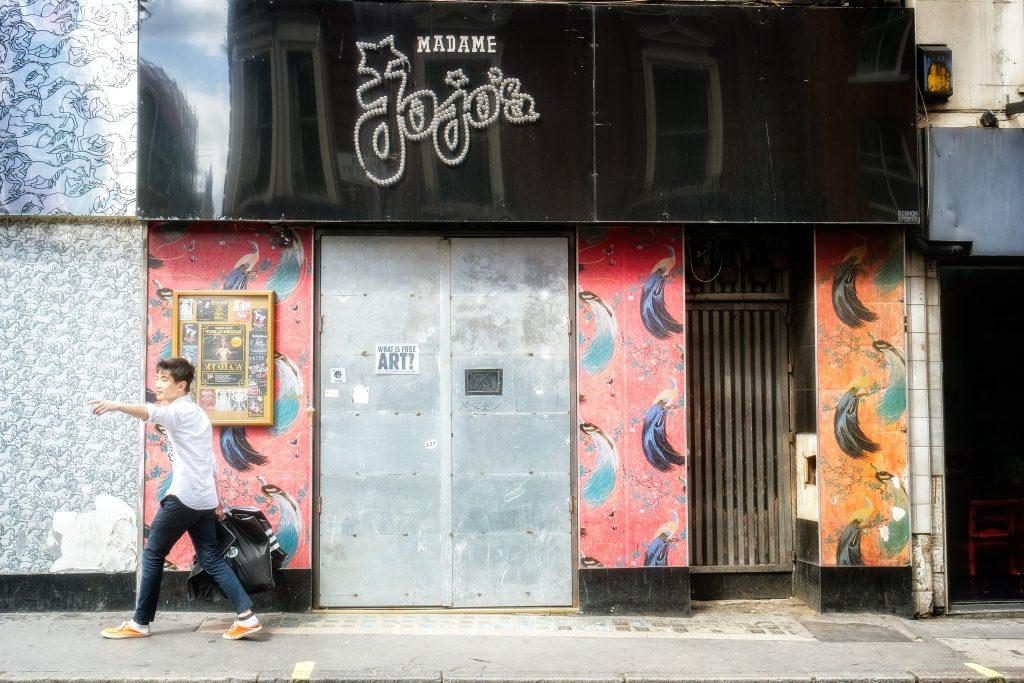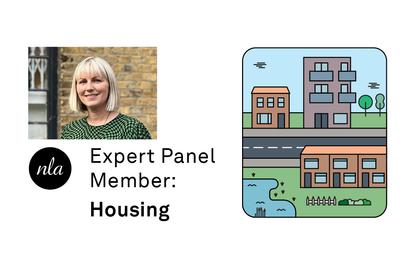The Impact of Noise and Developments on Music Venues

Tibbalds

I love live music…most of my disposable income goes on it. Living in London, I am spoilt for choice and have been known to go to a gig every night of the week (exhausting, but totally worth it!). I am often saddened by the disappearance of amazing venues across the country because of changing trends, viability, the need for other development or some other reason. Over my gig lifespan, many iconic venues have been lost, including:
- The London Astoria, Soho, London
- Hacienda, Manchester
- International, Manchester
- Turnmills, Clerkenwell, London
- Earls Court, London
- Madame Jojos’, Soho, London
- Boardwalk, Sheffield
Noise
Venues can become unviable, but on occasion external pressures through development can place pressure on existing venues. A common concern of new development is the impact of noise which has, in the past, placed pressure on the venue to make improvements to sound proof/make changes after a development has happened close to the venue. This was the case at Ministry of Sound in Elephant and Castle, in early 2013. The club objected to the development of a tower block which was very close to them in the fear that complaints about noise would force the club to close. After a lengthy process the club finally agreed a deed of easement to allow noise to be generated.
Many venues have had to improve their sound proofing after a development has taken place but, in the UK, the Music Venue Trust has been instrumental in fighting the corner of these venues. Their campaign for ‘agent of change’ started after the idea passed into law in Victoria, Australia in 2014; Music Victoria explain the principle as follows:
“In practical terms, this means that a new residential planning proposal close to a live music venue will need to include appropriate noise attenuation measures. Similarly, if a live music venue seeks to expand, the owner/operator will be responsible for attenuating any noise effects that are caused by that change”.
This appears to be a fair and logical deal for both parties. A positive step for London venues is that this has already been included in the draft London Plan (Policy D12/13).
However, UK Law say that whoever is making the noise/nuisance is responsible for this. Changing this took a big step on the 10th January, 2018; after a three-year campaign, John Speller MP’s Planning Agent of Change Bill was read in parliament and no objections were raised and so the fight continues.
This change will have a massive impact on the music venue industry and I hope that it will go some way to help prevent the ever-increasing number of venues closing.

Development
The impact of development on music venues is widely known within my group of gig loving friends and often there is a bad taste left in the mouth after the venue disappeared.
One example is the Astoria, which was located in the heart of central London. For regular gig goers it was the perfect venue; slightly grubby, but absolutely brilliant for bands and the club nights it put on. It closed in 2009 to make way for the development of Crossrail. There have been many rumours about a replacement for the Astoria being built, but nothing has yet come forward. There was, however, a planning application approved in 2012 for a new theatre to be developed on the original site, although it is not clear whether this will be for gigs. The site has now been handed over to the developer, so I am sure that many people will be watching with interest to see how this unfolds.
The Hacienda in Manchester was instrumental in the acid house and ‘Madchester’ movement over the 1980/90’s. Peter Hook, bassist in Manchester bands, Joy Division and New Order, and part owner of the club, wrote a book about how not to run a club (see further reading); the institution was not a viable club for any of the investors and this – along with drug problems – forced its closure. When it was announced that this cultural hub would be turned into flats, a little bit of Manchester culture died. I was lucky enough to go there when studying at Salford University and I will always have fond memories of The Hacienda, even though I wasn’t there at its peak.
The Coronet, in Elephant and Castle, has recently closed after 138 years, owing to the improvements planned to the shopping centre and the wider regeneration taking place in the area. There was a fight to save the venue, but it seems that this fight was defeated, as it held its last event on New Year’s Eve in 2017. This phase of development has been controversial for the impact on the Latin community, affordable housing, loss of the bingo hall and the music venue. There is no doubt that the area needs an overhaul but there are serious planning policy and equalities impacted here.
The Duchess of York in Leeds closed after hosting what have since become some of the biggest bands in the UK and the world including Oasis, Nirvana and Radiohead. I never went to this venue but heard it was a great example of a grubby/dirty amazing venue. Leeds has seen phases of development over the past twenty years, with recent development gravitating east of Briggate and north of the vast Kirkgate market, taking in the small Duchess pub at 71 Vicar Lane as it went. Since its closure it has been turned into flats with a Hugo Boss shop at the bottom – a perfect example of gentrification of music venues at work; there is some talk of a blue plaque, so some affection remains for the sticky floor and The Parachute Men.
As for me I will continue to attend as many gigs as possible and hope that more venues are not lost …. There are of course other reasons why venues close but losing around 35% of music venues is not a happy place to be in…
Further reading…
- How Not to Run a Club: Peter Hook. Available on Amazon (other book sellers are available)
- The London Plan.
- Life After Dark: A History of British Nightclubs & Music Venu: Dave Haslam. Available on Amazon (other book sellers are available)
- In Remembrance of Venues Lost: Dave Simpson.
Above: Image ©Garry Knight
Topics:
Related Updates

Lizzie Le Mare speaking at the Housing Finance Conference 2025

Tibbalds

Lizzie Le Mare joins NLA Expert Panel

Tibbalds
Stay In Touch
Sign up to our Newsletter
Subscribe to our newsletter to receive updates about making people friendly places.

